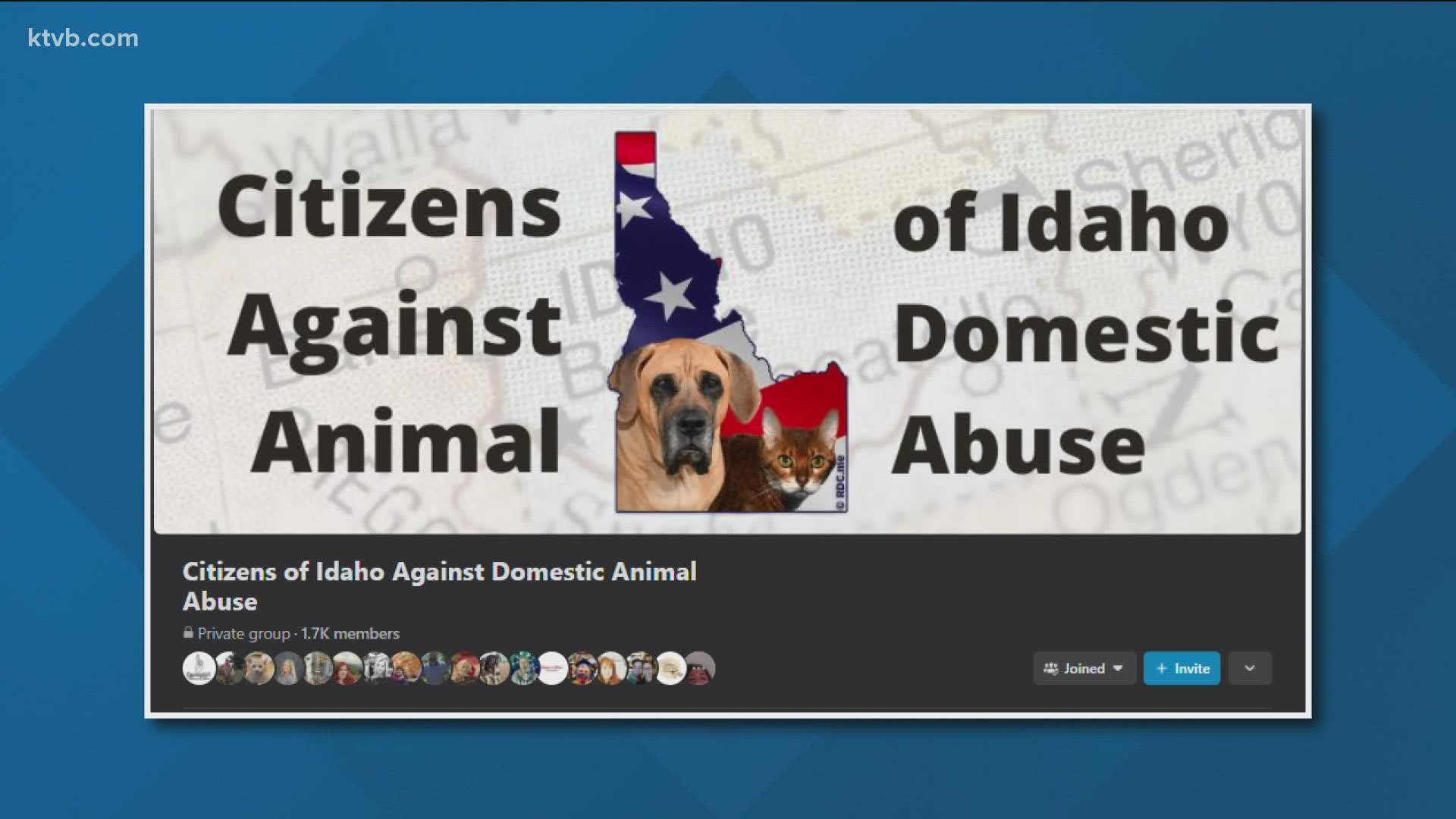Animal cruelty stands as a poignant issue across society, embodying a struggle against neglect, abuse, and overall indifference towards the welfare of non-human creatures. In Idaho, the question often arises: Is animal cruelty a felony? This examination delves into the nuances of state law enforcement, encompassing definitions, classifications, legal ramifications, and the persistent efforts proposed by various advocacy groups for reform.
To comprehend animal cruelty laws in Idaho, one must first understand what constitutes animal cruelty. The law defines cruelty through actions that harm animals, including torture, killing, neglect, or abandonment. The elements of abuse do not simply reflect overt harm; they can extend to failing to provide adequate living conditions, food, water, or necessary veterinary care. This broad spectrum illustrates a multifaceted dilemma where distinctions between varying degrees of cruelty can influence prosecutorial outcomes.
In Idaho, there are provisions established under the Idaho Code, particularly in Title 25, which deals with animals. Specifically, the legal definition of animal cruelty is found in § 25-3502, emphasizing acts such as intentionally or knowingly inflicting pain, suffering, or extreme distress upon an animal. However, not all the instances that fit within the umbrella of animal cruelty are designated as felonies. Depending on the severity of the offense, offenders may face misdemeanor charges, while more egregious cases could lead to felony prosecution.
There are two primary categories of animal cruelty in Idaho: misdemeanor animal cruelty and felony animal cruelty. Misdemeanor charges typically involve cases that do not result in severe harm or death of an animal. These offenses may include neglect or failure to provide basic care. In contrast, felony charges come into play when an act leads to serious bodily injury or death of an animal, or when repeat offenders are involved. Such differentiation allows the legal system to address the spectrum of animal welfare issues while attempting to discourage recidivism.
Beyond the legal categorizations, it’s essential to acknowledge how the Idaho judicial system approaches the enforcement of animal cruelty laws. Law enforcement agencies, alongside animal control officers, often work collaboratively to investigate claims of animal abuse. These professionals are tasked not only with investigating allegations but also with ensuring compliance with existing regulations. Public awareness and education play pivotal roles as citizens are encouraged to report suspected cruelty. The growth of social media platforms has further amplified public scrutiny, enabling more robust community involvement in these matters.
Despite these frameworks, advocates argue that current laws may not be stringent enough. Various animal rights organizations have called into question the effectiveness of Idaho’s penalties regarding animal cruelty. For instance, the maximum punishment for a misdemeanor is typically less severe than what would be warranted for other forms of violence. Comparatively, states with more rigorous penalties often experience higher rates of successful prosecutions, thereby sending a strong message to potential offenders and fostering a culture of respect for animal welfare.
Furthermore, the Idaho animal rights movement has been gaining momentum, with groups ardently pushing for stronger legislative measures. The desire for reform reflects a broader societal shift toward compassion and protective legislation for animals. Many activists advocate for clearer definitions of animal cruelty, stricter penalties, and increased funding for animal control resources. They argue that heightened awareness combined with more rigorous enforcement can lead to significant improvements in the welfare of animals throughout the state.
The interrelation between animal cruelty and human violence is an often-explored area of study within the context of legal advocacy. Research has consistently shown that individuals who engage in animal cruelty are more likely to commit violent crimes against humans. This correlation highlights the importance of addressing animal welfare not solely as a matter of policy but as a public safety imperative. By treating animal cruelty with the seriousness it deserves and advocating for stricter penalties, society could work towards reducing overall violence.
In examining how Idaho law enforcement deals with these issues, it is critical to look at existing training programs for law enforcement officers concerning animal cruelty cases. Comprehensive education on animal behavior, signs of distress, and the legal ramifications can empower officers to better identify and respond to incidents of cruelty. This additional training, while often met with resistance due to budget constraints, is essential for cultivating knowledgeable officers who can effectively address animal cruelty cases.
As discussions surrounding the legal framework of animal cruelty in Idaho intensify, community awareness and advocacy remain paramount. Increased public support for animal rights can lead to a paradigm shift in legislation. Individuals are encouraged not just to voice their concerns but to engage in constructive dialogue with lawmakers. This grassroots level of advocacy has the potential to influence policy changes that redefine animal cruelty and lead to more robust protections for vulnerable species.
In summary, while animal cruelty in Idaho is defined under state law and can be classified as either a misdemeanor or a felony depending on the circumstances, ongoing advocacy ensures that these laws remain under scrutiny. The quest for stronger protections continues, fueled by an unwavering commitment to the well-being of animals. By fostering awareness, supporting law enforcement training, and promoting legislative reform, it is possible to pave the way for a future where animal cruelty is met with the stringent legal consequences it warrants. Compassionate treatment of animals should not only be a societal expectation but a legal obligation, driving the transformation of Idaho’s approach to animal welfare.








